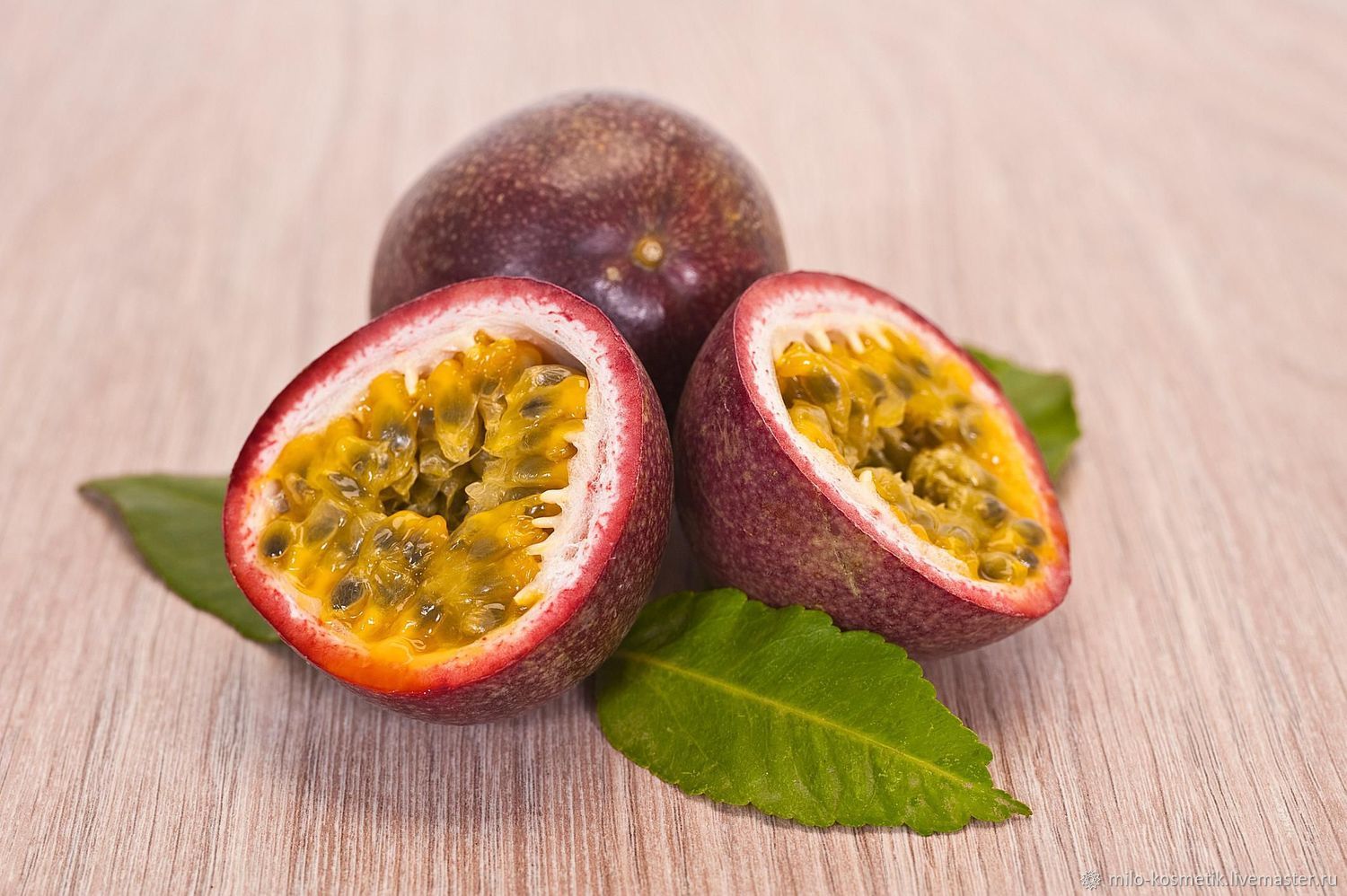Health benefits of passion fruit
Passion fruit is a flowering tropical vine, known as Passiflora, that grows in warm climates, including South America, Australia, South Africa, and India.
Fruit contains a soft pulp and lots of seeds inside a hard rind.
Passion fruit has recently gained a lot of attention because it is a rich source of powerful antioxidants and may also have other health benefits.
1. Provides key nutrients
One fruit without the refuse contains the following nutrients in milligrams (mg), international units (IU), or grams (g):
- 229 IU of vitamin A
- 63 mg of potassium
- 5 mg of magnesium
- 5.4 mg of vitamin C
- 2 mg of calcium
- 0.29 mg of iron
- 1.9 g of fiber
Passion fruit also contains phosphorus, niacin, and vitamin B-6, which a healthy body needs.
2. Rich in antioxidants
Antioxidants play a vital role in keeping the body systems healthy. Antioxidants improve blood flow, specifically to the brain and nervous system. They also reduce cellular stress and reduce inflammation in the body, both of which have links to diseases, such as heart disease and Alzheimer’s disease.

3. Good source of fiber
Passion fruit pulp contains a lot of dietary fiber.It helps regulate the digestive system and keep the gut healthy, preventing constipation and bowel disorders.
Fiber also has benefits in reducing cholesterol and boosting heart health. Eating passion fruit regularly may help to prevent constipation and improve digestion and overall health.
4. Low glycemic index
Passion fruit is a tropical fruit that has a low glycemic index (GI) value. This means that it does not cause a steep increase in blood sugar after eating it, making it a good option for people with diabetes.
5. Boosts the immune system
Passion fruit is rich in vitamin C, which is an antioxidant that helps protect the body from damage caused by free radicals.
Vitamin C boosts the immune system by helping the body absorb more iron from plant-based foods, and may improve the body’s ability to fight off infections in the body.
6. Supports heart health
Passion fruit is loaded with heart-healthy potassium and is also low in sodium.
Passion fruit, when eaten with the seeds, contains a lot of fiber, which can help to remove excess cholesterol from the inside of blood vessels. A high-fiber diet can reduce a person’s risk of heart disease.
In addition, eating passion fruit may help to normalize blood pressure. Diets low in sodium and rich in potassium help to decrease blood pressure.
7. Reduce anxiety
Passion fruit is rich in magnesium, an important mineral that scientists have linked with decreased stress and anxiety.

Use
Passion fruit pulp is pulled out with a spoon and consumed raw.
You can remove the seeds by pressing on the pulp through a strainer and use the resulting puree:
mixing with water and sugar to make a drink
adding the juice to other fruit juices, such as orange or pineapple
adding the juice to yogurt with other fruit
boiling it into a syrup that a person can make into many other things, such as sauces or desserts
making it into a jelly or jam
Passion fruit does not respond well to heat preservation and canning, but can freeze it for later use.